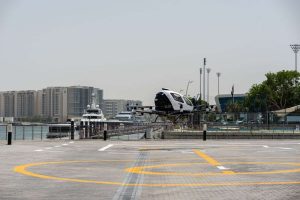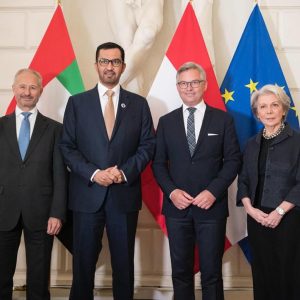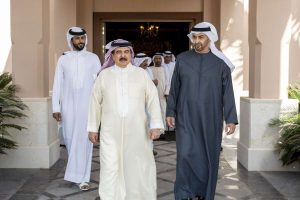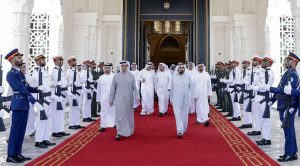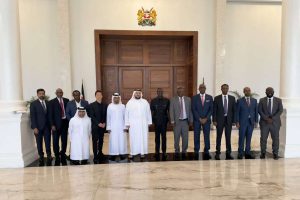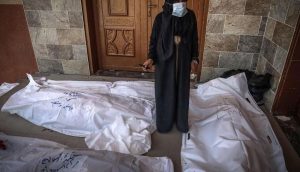Dr. Mahmoud Fathallah, Director of the Arab League’s Department of Environmental Affairs and Meteorology and Head of Pavilion said the Arab region is facing a major challenge: desertification.
Inaugurating its debut at a UN Climate Change Conference, the League of Arab States Pavilion at COP28 has introduced three novel climate initiatives: the circular economy, nature-based solutions, and biodiversity.
Dr. Mahmoud Fathallah, Director of the Arab League’s Department of Environmental Affairs and Meteorology and Head of Pavilion, made this announcement in a statement to the Emirates News Agency (WAM). He described desertification, drought, and food security as the most prominent challenges resulting from climate change in the Arab region.
Looking ahead to future cooperation on climate issues within the Arab world, Fathallah announced that the next meeting of the Council of Arab Ministers Responsible for the Environment, scheduled for October 2024, will focus on participation in the 16th session of the Conference of the Parties to the UN Convention to Combat Desertification (UNCCD COP 16), set to take place in Saudi Arabia in December 2024.
He said the Arab region is facing a major challenge: desertification. This environmental phenomenon has already impacted an area of approximately 9 million square kilometres, representing a staggering 68% of the total landmass in Arab countries. The Maghreb region in Africa bears the brunt of this issue, with over half (53.4%) of its land affected by desertification. Additionally, a further 3.6 million square kilometres are considered at risk, according to the Joint Arab Economic Report 2022.
He added that Arab countries will be convening in Riyadh, Saudi Arabia, for preparatory meetings in advance of the sixth session of the United Nations Environment Assembly (UNEA-6). Scheduled for February 26th to March 1st, 2024, in Nairobi, Kenya, UNEA-6 presents a crucial opportunity for international collaboration on environmental issues.
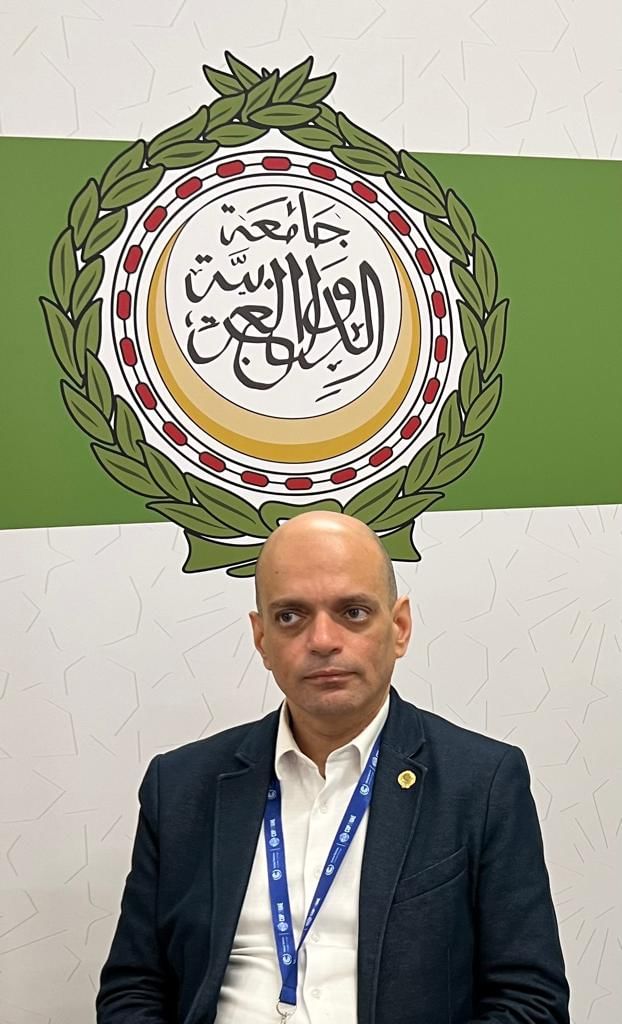
He stated that specialised Arab organisations, acting as the technical arm of the League of Arab States, are playing a vital role in this fight. They are actively involved in preparing studies and reports on desertification and the Convention on Biological Diversity. The Arab Organisation for Agricultural Development (AOAD), in particular, is dedicated to equipping Arab experts with the knowledge and skills needed to address these pressing environmental concerns.
Fathallah stated that the AOAD, in cooperation with the League of Arab States, held a high-level regional dialogue on the sidelines of its participation in COP28 under the title “Addressing the interrelated challenges of climate change, peace and food security in the Arab region with a focus on fragile societies and countries in conflict.”
He pointed out that the dialogue made it clear that the Arab region is the most water-scarce and the most dependent on food imports in the world, with high rates of malnutrition in the region, noting that the overexploitation of the region’s resources has led to a severe deterioration in ecosystems.
Fathallah stated that the Arab countries have approved national programmes and policies that have been integrated into their development programmes to mitigate the effects of climate change and adaptation plans.
ALSO READ: Talks on Fossil Fuels Heat Up at COP28

